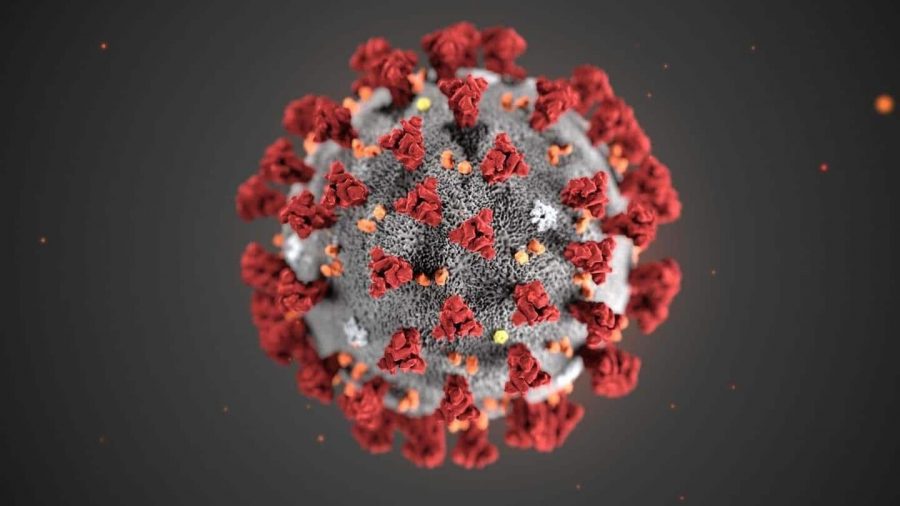UMass Dartmouth and Cannabis Center of Excellence study suggests COVID is stimulating consumption
The COVID-19 pandemic has turned the world upside down, but there’s one plant that seems to be keeping people calm amid the health crisis — cannabis. This is especially true in Massachusetts, where, according to the findings of a cannabis and COVID-19 research study conducted by the Cannabis Center of Excellence and UMass Dartmouth, cannabis consumers are increasing their intake.
Despite higher cannabis consumption rates in Massachusetts, the survey findings also suggest that price is deterring many people from buying legal cannabis products. In order to collect this information, the researchers analyzed responses from 346 people.
Of those people who participated in the study on cannabis and COVID-19, the preliminary findings revealed that 49 percent of consumers started enjoying the green plant more post-pandemic; as opposed to before. Furthermore, 53 percent of respondents said that they are actively consuming cannabis in an attempt to cut down on prescribed/over-the-counter (OTC) medication.
In most cases whereby consumers use cannabis for its therapeutic benefits, the plant is being relied on as an aid for anxiety, chronic/severe pain, depression and insomnia.
Data collection for study on cannabis consumption amid COVID-19 began in May
Seven months ago – when the coronavirus pandemic had already torn through much of the U.S. – researchers from the Cannabis Center of Excellence and UMass Dartmouth began collecting data for their study on cannabis and COVID-19.
The findings contained a fairly equal mix of responses from both men and women; 73 percent were residents of Massachusetts, while 10 percent were veterans. Approximately half of the people who responded to the survey on cannabis and COVID-19 (174 people) were aged 42 and older, whereas the remaining half (172) were aged 41 or below.
Just seven percent of the people surveyed claimed that they had received a positive test result for the coronavirus infection. Meanwhile, 10 percent suspected that they had contracted the virus and 12 percent were showing symptoms of COVID-19. The virus appeared to have had a noticeable impact on respondents’ lives, with over 60 percent saying they felt nervous and over 70 percent saying they had started practicing social distancing efforts.
Around 45 percent of the younger respondents said that they consume cannabis to deal with the emotional side effects of coronavirus. Comparatively, 30 percent of the older group reportedly used cannabis as an aid for COVID-19. In regards to the younger respondents, 65 percent felt worried about becoming infected with the virus and 36 percent had already lost their job.
Conversely, the same issues affected 49 percent and 18 percent of the older group, respectively. Furthermore, 38 percent of total respondents reported that their lives had not been impacted by the pandemic, whereas 18 percent of respondents claimed that they were unable to buy cannabis due to the financial implications of coronavirus.
People are growing their own weed to sidestep coronavirus prices
Aside from the fact that more people seem to be turning to cannabis for respite from coronavirus-related stress, 17 percent of the study respondents also claimed that they started growing the plant at home post-pandemic.
Prior to the pandemic, 33 percent of respondents said that money was the main issue preventing them from buying legal weed. This percentage crept up to 39 post-pandemic. For most respondents, flower was the top choice of consumption, with edibles and vaping trailing just behind.
Approximately 41 percent of the younger group were in possession of a medical cannabis card — 77 percent use the plant for anxiety; 72 percent rely on it for depression, 27 percent use weed to relieve PMS symptoms; 23 percent consume cannabis for ADHD relief.
Approximately 53 percent of the older group were medical cannabis card holders — 69 percent use the plant for anxiety; 67 percent rely on it for depression; seven percent use weed to relieve PMS symptoms; 31 percent consume cannabis for ADHD relief.
Since the survey on cannabis and COVID-19 will continue through 2021, more insights are expected to be published in the near future.








